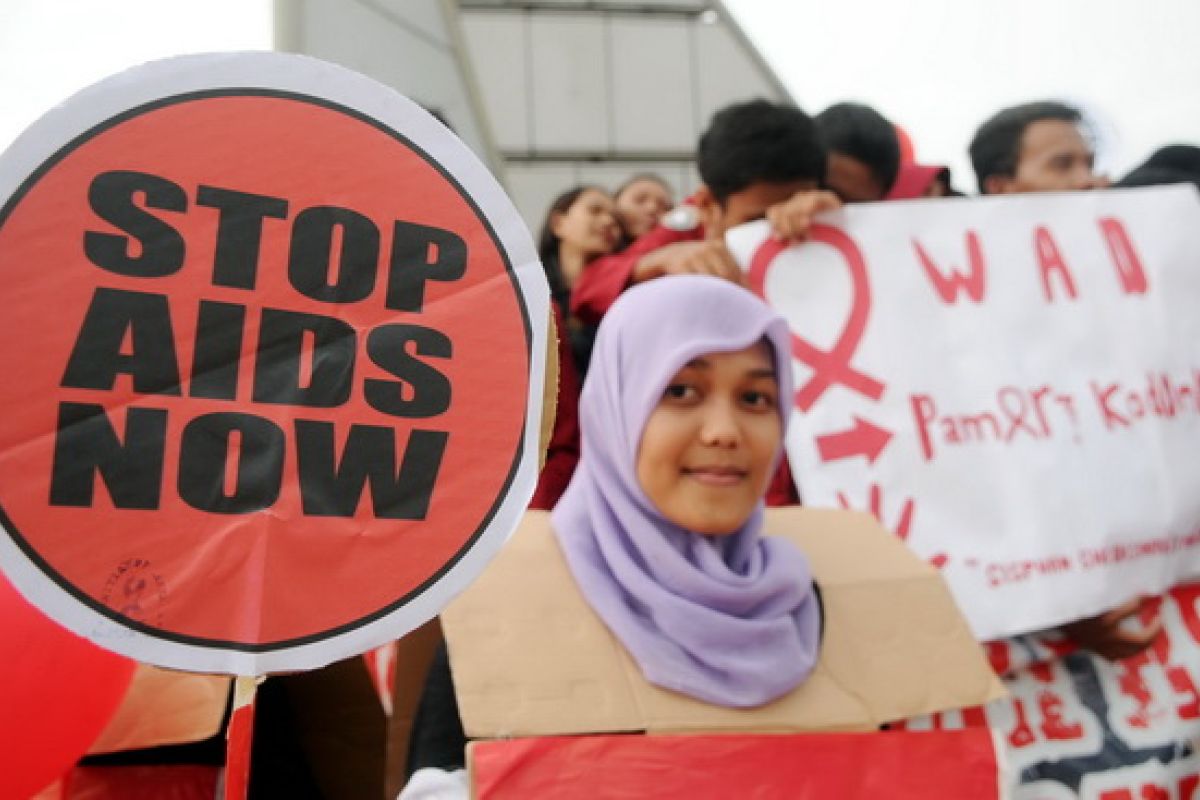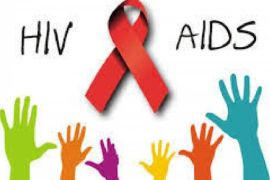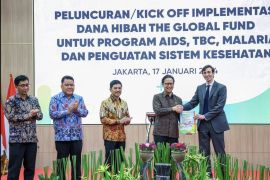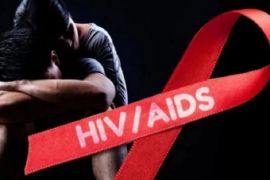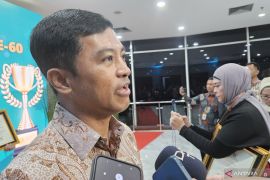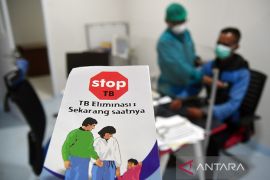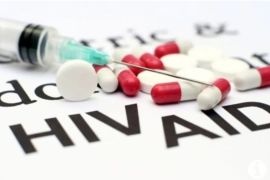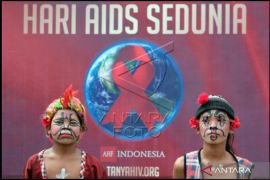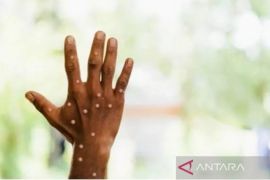"We are actively involving people in various sectors such as tourism, labor as well as public figures and community organizations in our efforts to prevent and limit the transmission of the disease," Nur Munawaroh, head of the office`s transmissible disease eradication section, said here Wednesday
She said, the office was continuously motivating and informing all levels of society, both those in the high and low risk groups, about how to prevent and fight the deadly disease. The participation of all health officials and other institutions was very important.
Munawaroh added, they are the group who closest to the general public, so they can do approach, prevent transmission, in addition there is a special organizations which deal with HIV-AIDS such as the AIDS Eradication Commission.
The number of people living with HIV-AIDS in Kediri, always growing, reached 220 people until the end of January 2011. The amount is estimated to continue to grow, considering the disease as an iceberg phenomenon, which looks just the top, she noted.
Munawaroh stated, every month there are about 3-6 patients recovered from various high-risk groups like commercial sex workers, gays, transvestites as well as the people who use the sex business.
"On last January, there were three new patients, one of them is a Indonesian migrant workers male and the two others are sex workers," she said.
She added, currently the patients affected by HIV-AIDS are more open to check up their health to the District General Hospital of Pelem, Pare so that their health condition will be monitored directly by the case manager.
She noted, the average of HIV-AIDS patient are in the productive age between 15-54 years. As a percentage amount to 94 percent.
Meanwhile, the transmission is dominated through free sexual intercourse which often change of partners to 91 percent, 3 percent from mother to child transmission as well as 2 percent due to narcotics and drugs.
Munawaroh hoped to all communities to actively prevent the transmission of diseases which is until now no such medicine. During this time, the patients only depends on Antiretroviral which is only able to inhibit the disease. The community involvement can increase the life expectancy for the HIV-AIDS patients.
(T.KR-LWA/HAJM/F001)
Editor: Priyambodo RH
Copyright © ANTARA 2011
